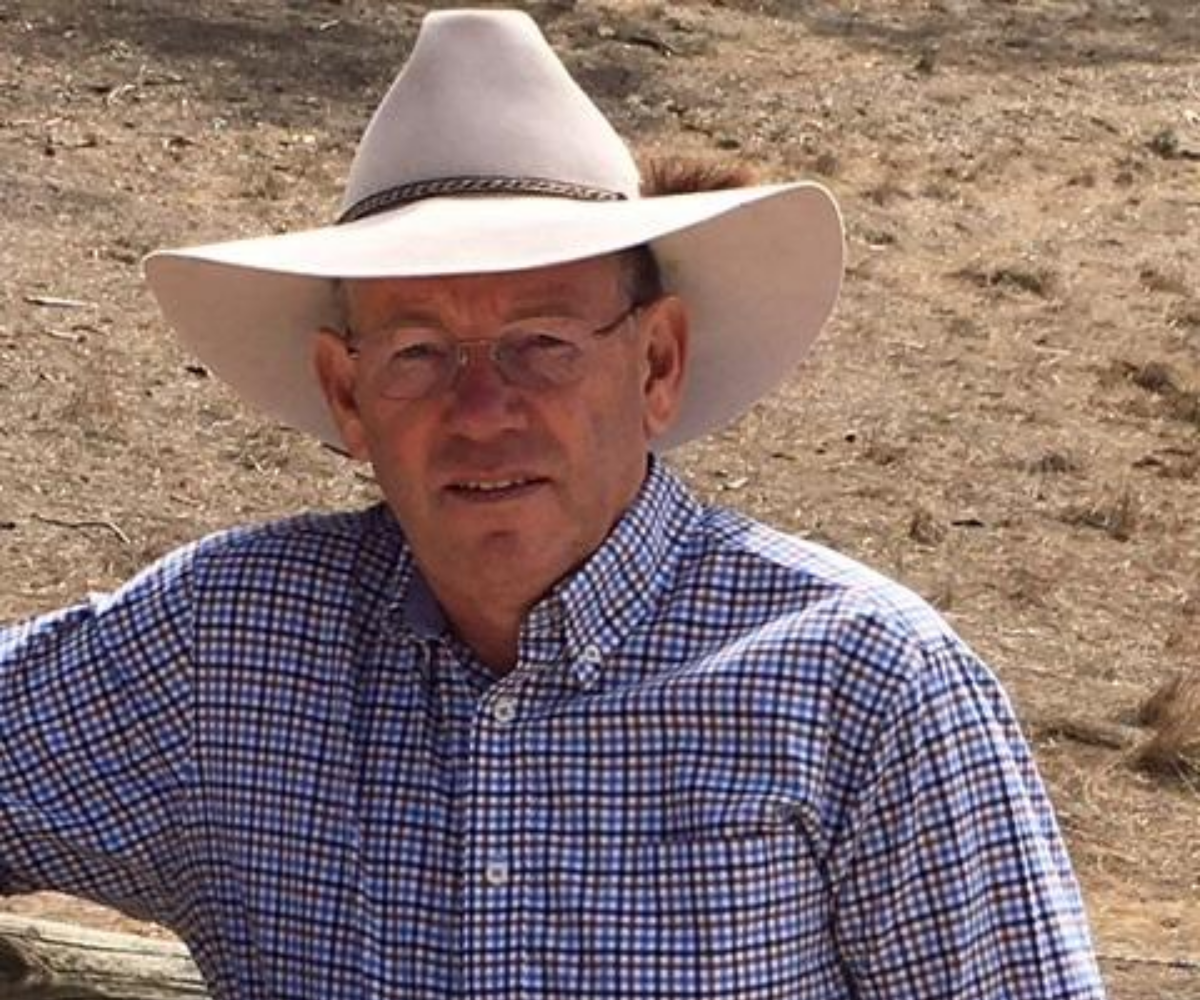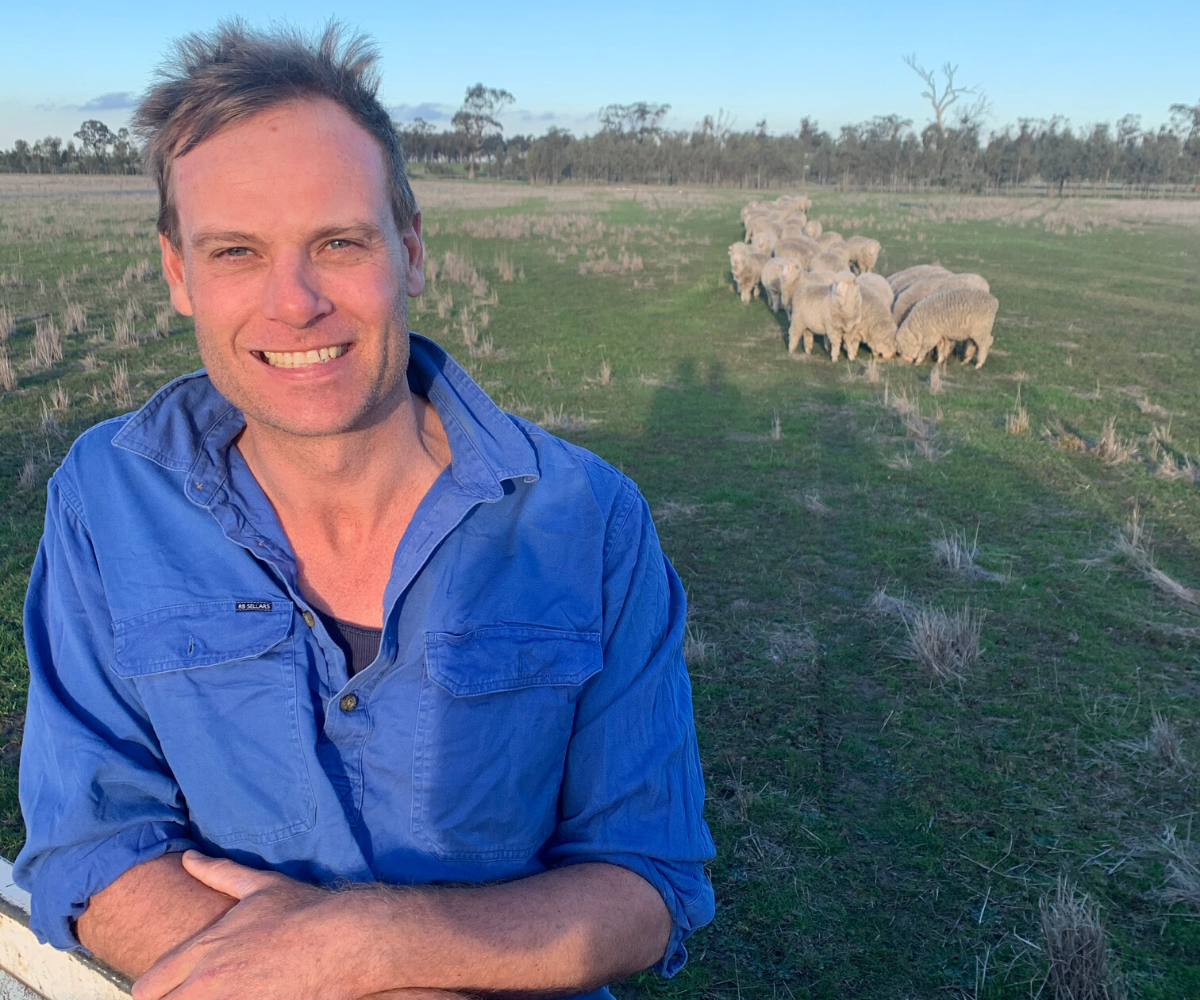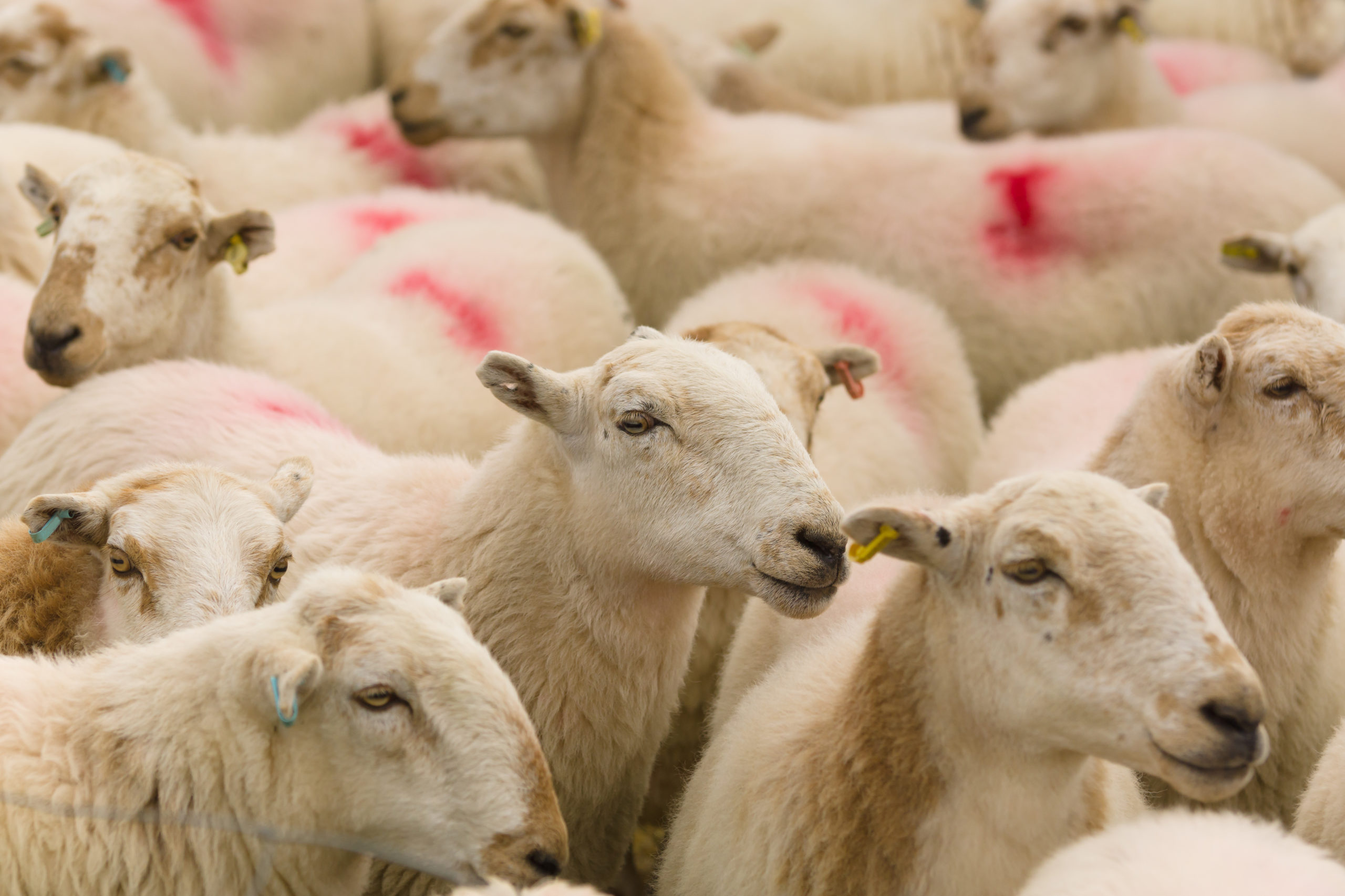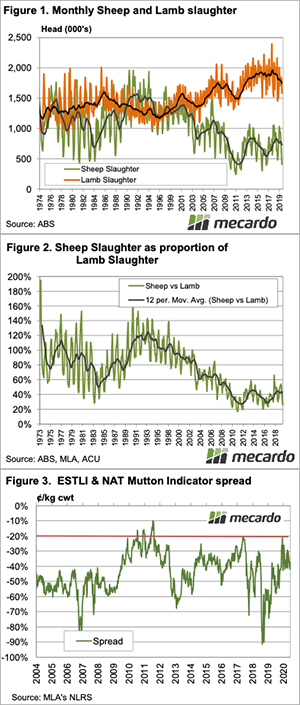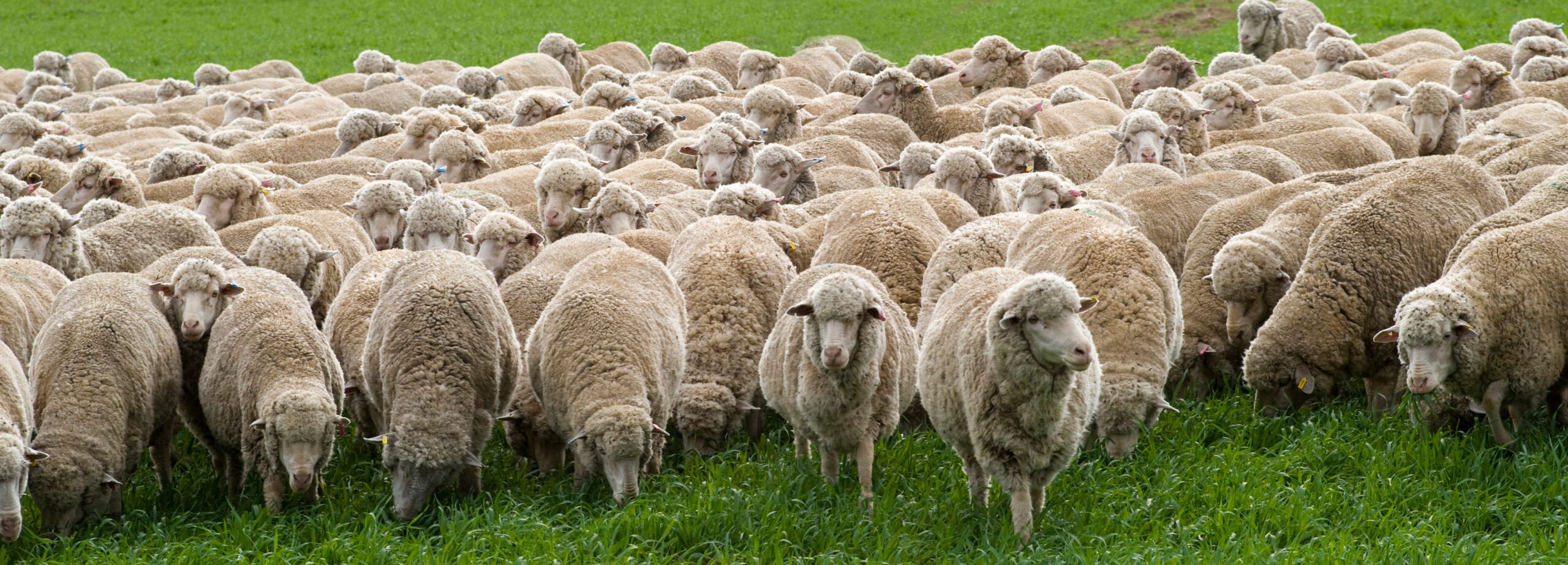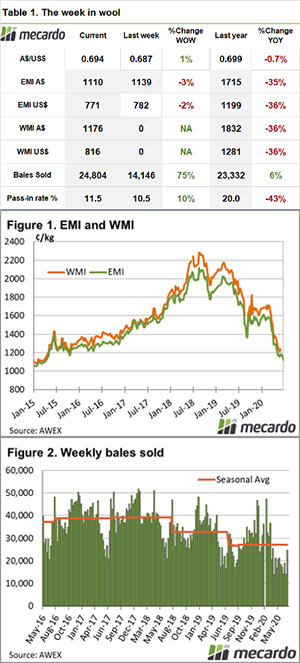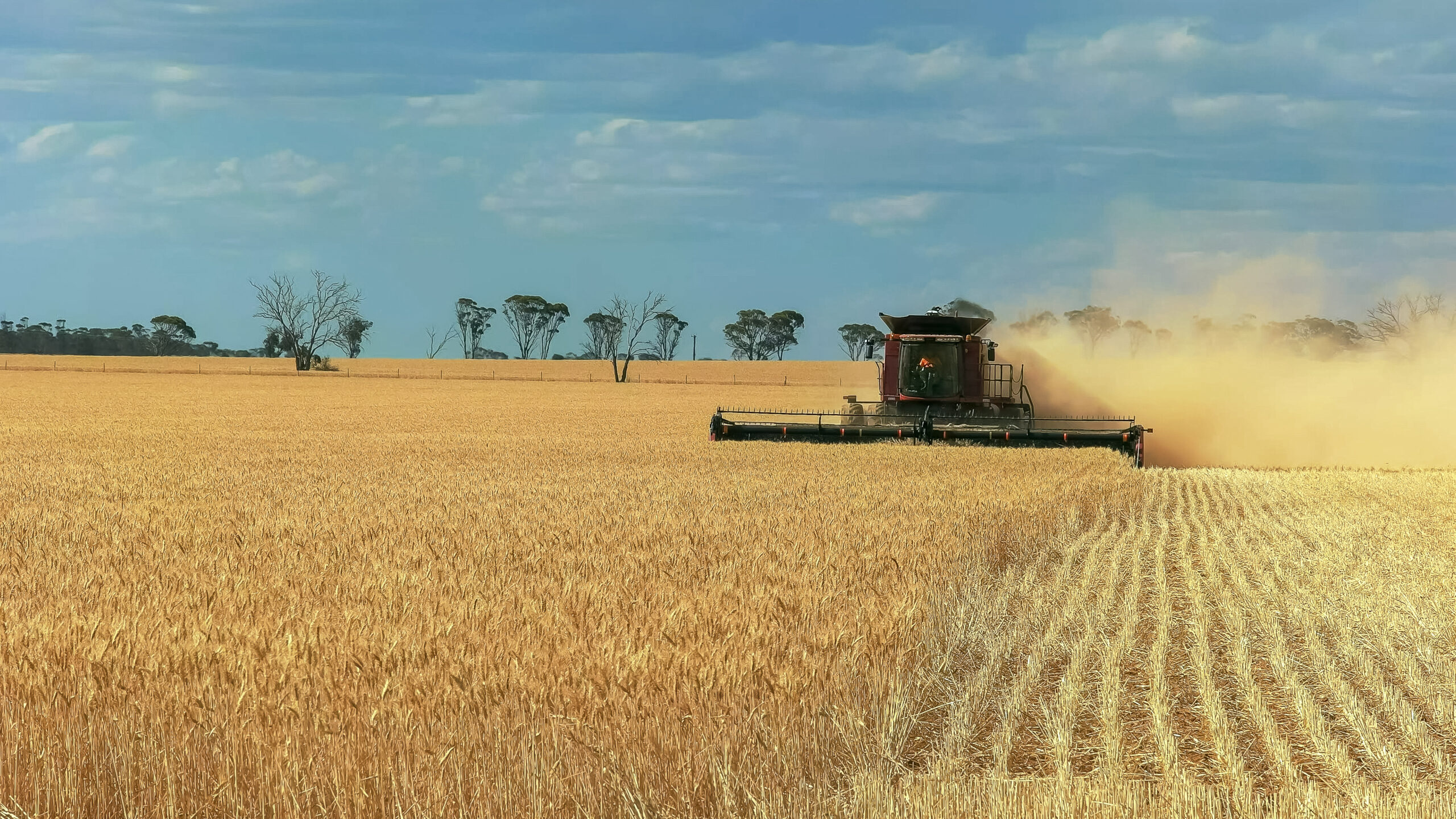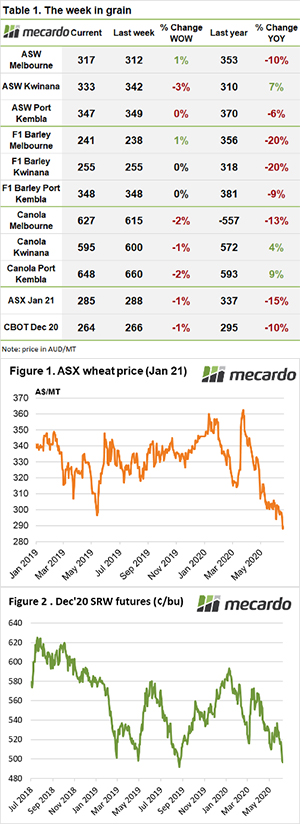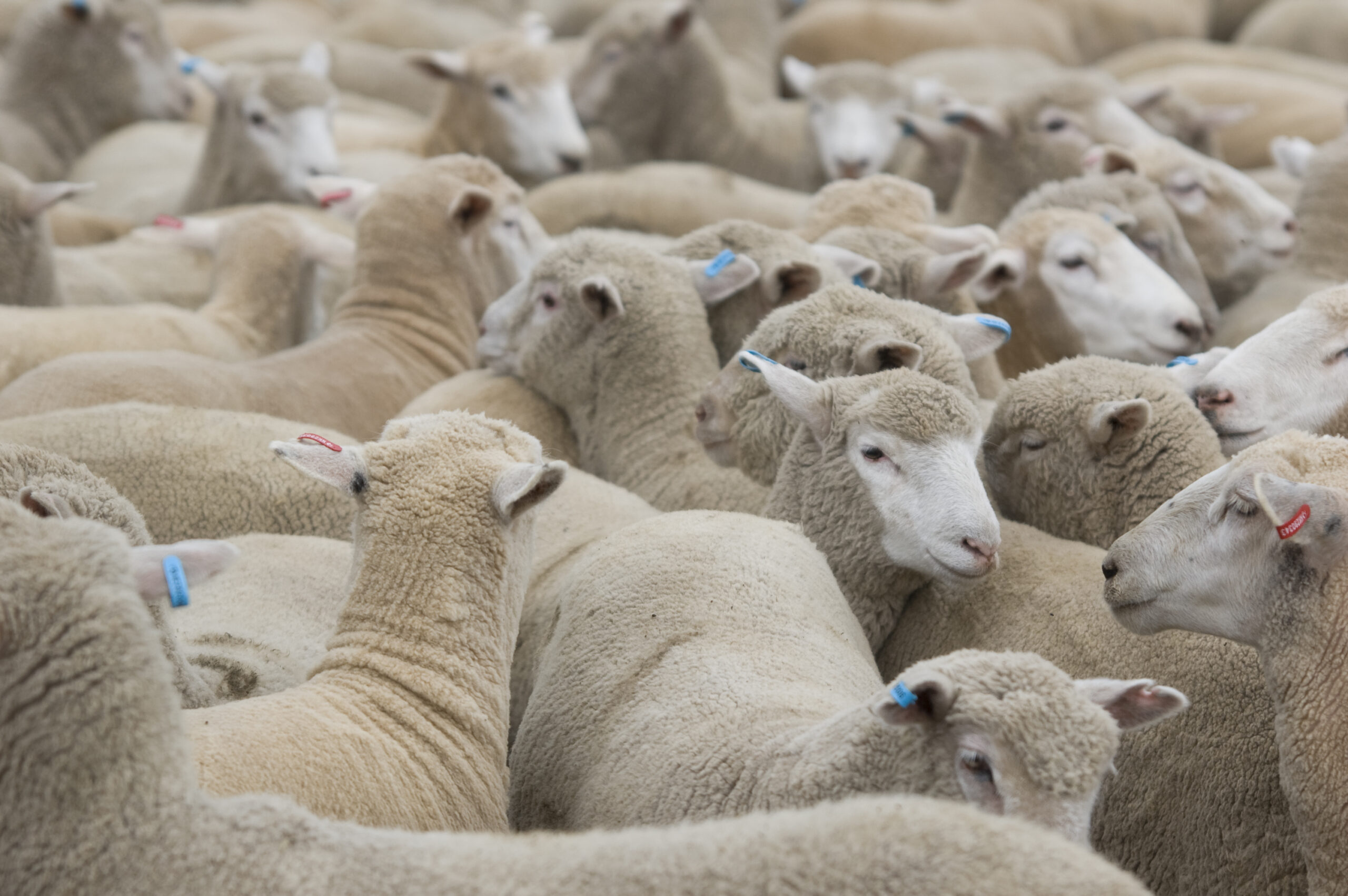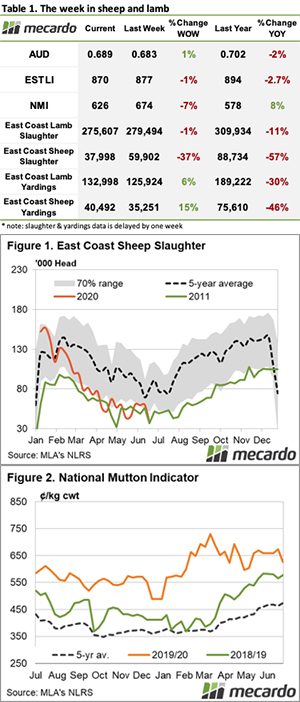StockCo would like to extend a warm welcome to our newest Customer Service Manager, Elle Rands. Elle brings a great deal of knowledge and Agribusiness experience into her new role and we are thrilled to have her join the team.
After studying a Bachelor of Agribusiness at the University of Queensland, including a semester abroad at Texas A&M University, Elle also undertook a Harvard Business School short course in Disruptive Strategy which launched her career in the Agribusiness industry.
At the beginning of her successful career, Elle worked on several stations throughout Australia as well as on cattle and horse ranches in the United States. In 2018, Elle moved to Toowoomba to work for a legal firm with her main responsibilities to increase their number of agricultural clients and adapt their offering to suit these clients.
She then moved on to work in sales and production for an Australian Organic Beef company and was responsible for the North and South American accounts, which involved travelling to these markets regularly and being associated with all aspects of the supply chain and processes.
Elle soon realised that she wanted to explore different aspects of Agribusiness and gain a better understanding of Agrifinance, which she knew would be possible in a position at StockCo.
“I am most excited about supporting customers to maximise their returns from existing operations and embrace new business possibilities.
I have always been interested in Agrifinance and this is my chance to explore opportunities within this sector of the industry.”
With her years of experience within the beef supply chain both in Australia and overseas, Elle is well-equipped to offer her clients a deep understanding and well-informed advice.
Her first-hand insights into the challenges farmers face every day ensure she considers each account personally and with a considered approach.
Overall, Elle has one holistic goal in mind when it comes to her clients:
- To build strong customer relationships and help her clients achieve their goals
In terms of current opportunities within the Australian market, Elle has this to say:
“Many regions throughout Australia are seeing an improvement in seasonal conditions and as a result, the restocker competition has returned to the sale yards and seen meat prices rise.
This is a great position for the agricultural industry to be in considering the current economic situation we see ourselves.
At the end of the day, people of the world still need to eat, and Australian agriculture plays a key part in ensuring we meet the growing population demands and can offer products globally that are of high quality and safety standard.”
When Elle isn’t hard at work transforming the Agrifinance industry, you’ll find her spending time in the great outdoors, riding her horses and travelling.
StockCo couldn’t be more delighted to have Elle as part of the team. If you require a well-informed and passionate customer service manager on your side, get in touch with Elle today on 0487 011 094.



